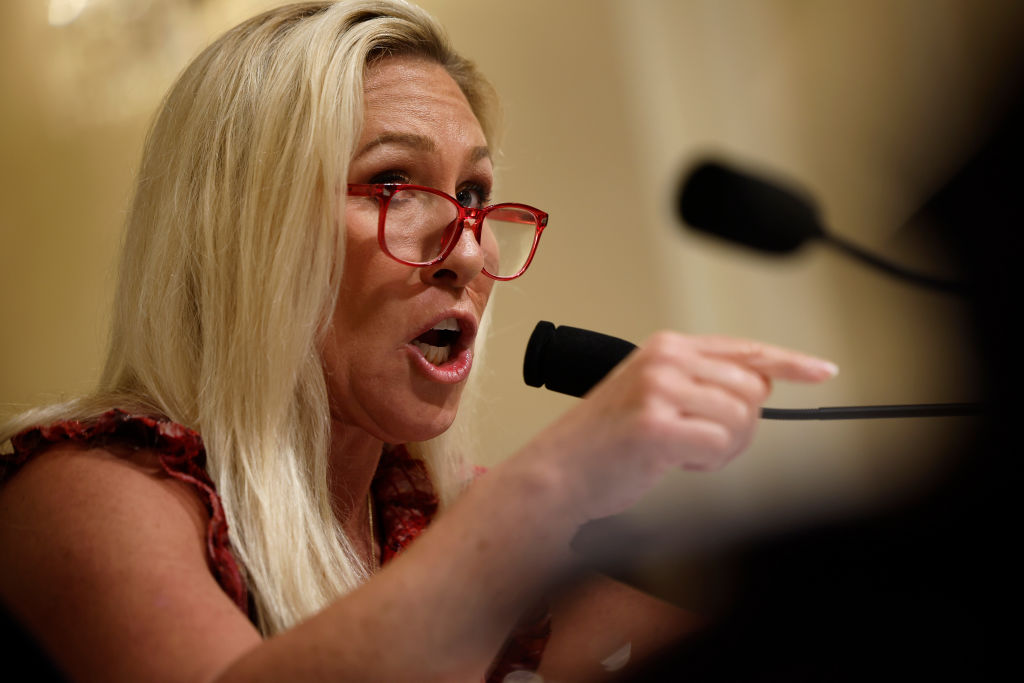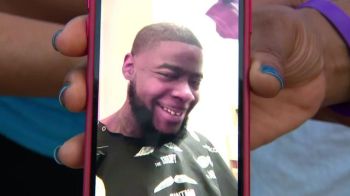The NAACP is on a mission. The 100-year old organization has presented a charge toward young leadership, in direct contradiction with the image of the group as being too old and out of touch with the issues that affect black people today. Its first major move was the selection of Ben Jealous as president, a 37-year old with an impressive set of credentials to support his candidacy. The second move was the selection of Roslyn Brock, 44, as Chairman of the Board.
Text continues after gallery …
The selection of young leaders to represent the storied civil rights organization is certainly noteworthy. The actions are deliberate and send a message that individuals of influence within the NAACP certainly understand the importance of connecting to the leaders who DID NOT get a chance to march with Dr. Martin Luther King, Jr. The challenge for the NAACP is to prove that their actions are not merely symbolic and that the decision to embrace young leadership implies that they are empowering these young people to represent the interests and issues of those in their cohort. If that is not the case, then their choice of young leaders could be as politically deceptive as having an African American president who can’t openly fight for African American issues.
RELATED: NAACP Elects Youngest Board Chairman
The NAACP has firmly entrenched itself into the heart of the American establishment. They are not out in the field with urban America, but stand inside the house, right next to the powers that be. While one certainly does not question the loyalty that the NAACP has to the average African American, I wonder if the organization takes all necessary action to manage the temptations that come with the comforts of political acceptance and massive corporate wealth. I also wonder what sources of accountability exist to ensure that the NAACP is using its power responsibly, and not spending a chunk of its budget giving out “Album of the Year” trophies at the NAACP Image Awards.
I’d love to see a transparent, highly publicized annual statement regarding exactly what corporations give money to the NAACP and how much they give. If there is an incident of racism coming from any of these companies, in what ways is the NAACP willing to confront the organization at fault? A glaring theme of a capitalist society is that poor people simply don’t matter as much as rich people. Therefore, a house keeper who is the victim of discrimination by a large hotel chain may not get the attention she deserves from an organization that receives a large donation from the company at hand.
Given that the NAACP represents one of the last lines of defense for African Americans, it is critical that the organization structure itself in a way that maintains the “national security” of African American interests. When you are securing a community or nation, the leadership in that community must remember that it simply cannot take money from anyone who offers it. The United States, for example, cannot sell all of its airlines to China or outsource Pentagon computer operations to Iranian contractors. The same is true with African American organizations taking money from corporations who may be using NAACP donations as a way to wash away their sins against the black community. This doesn’t argue that corporations don’t have a right to contribute to the NAACP, but there must be a clear message sent that money and mainstream acceptance are not the top priorities for the group. African American self-esteem must elevate beyond the point that getting money from white folks is the most important thing on our agenda. Our collective conscience will surpass the relevant benchmarks of integrity when we are just as capable of turning money down when it is coming from the wrong source. So, who the NAACP takes money from is incredibly important, but I’d also like to know if any of that money was refused or returned.
RELATED: NAACP Protests Neighborhood Over “Whites Only” Deed
Let’s face it, most of you probably aren’t members of the NAACP and don’t plan on joining anytime soon. Most of you know that when controversial issues face African Americans, the NAACP isn’t expected to be on the front lines to fight with you, especially if the perpetrator is a major corporation. Most of you also understand that in spite of the fact that the NAACP has elected young leaders, there is reason to be skeptical regarding whether or not the group is going to ever consider embracing the kind of serious and aggressive leadership needed in the African American community. When Oscar Grant was shot, or when Jordan Miles (a teenage honor student) was beaten by police, I was not aware of any public statement by national NAACP leadership on either issue. When Heather Ellis, a young black female college student, was facing 15 years in prison after allegedly cutting line at a local Walmart, I saw the local NAACP leadership working hard to take credit for things they didn’t actually do. According to the Ellis family, the state chapter of the NAACP ignored the family until I got involved and the issue started to gain national media attention. While the NAACP doesn’t have the resources to help everyone who needs it, perhaps they can reallocate some of the budget from the Image Awards Show.
The NAACP needs an overhaul, and they need it fast. Jealous and Brock bring fresh faces, and one hopes they will also be allowed to bring fresh ideas. The overall measurement of success for the organization should go beyond how many corporate payrolls they can join and instead move toward actually pushing for the kind of radical change needed to save the black family from the extensive damage being done by the education and prison systems. The NAACP’s achievements in our community are unprecedented, but critical analysis of the organization is necessary to help it create an empowered, fresh and noteworthy paradigm for the new millenium.
Dr. Boyce Watkins is the founder of the Your Black World Coalition. To have Dr. Boyce commentary delivered to your email, please click here.
















